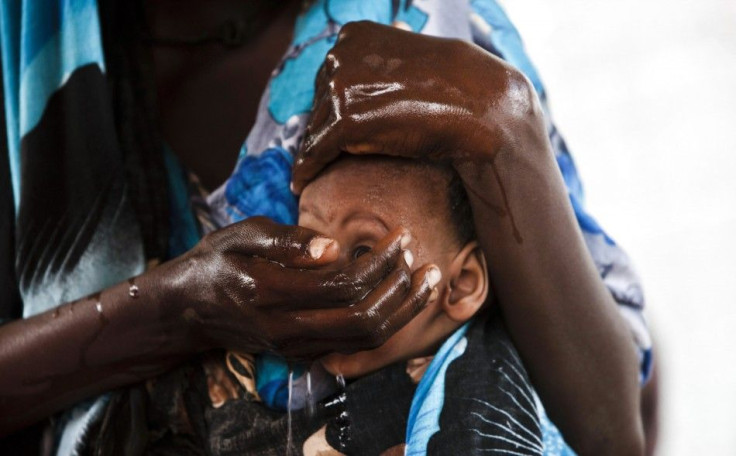Somalia Faces ?Dire Nutritional Emergency?; UN Agency Appeals for Funds

Somali capital Mogadishu is struggling to find means to survive as the number of people seeking refuge here in a desperate attempt to escape famine and conflict, is estimated to be more than 20,000, according to a UNHCR, report.
"Every day, an average of 1,000 people arrive in Mogadishu seeking help," said UNHCR spokeswoman Melissa Fleming in Geneva on Friday. "Most come from famine-struck areas such as Lower Shabelle and Bakool."
UNHCR distributed emergency assistance packages, containing a tarpaulin for shelter, three blankets, a sleeping mat, two jerry cans and a full kitchen set and utensils, which benefitted 15,000 displaced Somalis in the Dharkenley district of south-west Mogadishu, last week. "We are trying to provide aid where people are, to prevent them from taking the difficult journey to Kenya and Ethiopia," said Fleming.
The UN Refugee Agency is seeking US$136 million in urgent funds to respond to this emergency till the end of the year.
According to a UNHCR report Kenya's Dadaab camps are receiving an estimated 1,500 new Somali refugees every day while several hundred are arriving in Ethiopia's Dollo Ado area daily. The refugees are "pastoralists or farmers fleeing due to the persistent drought" and violence that make life impossible in their region.
"This is a dire nutritional emergency," said Fleming, noting that 15 deaths from malnutrition and other diseases were reported on Tuesday in Dollo Ado's Kobe camp. UNHCR also reports a rise in the number of deaths due to acute malnutrition, particularly among children.
Though UNHCR is providing two hot meals a day for more than 11,000 refugees at the Dollo Ado transit centre in Ethiopia, the number of new arrivals is outpacing the capacity to absorb them in this remote area. Kobe camp, which opened last month, is already full with over 25,000 refugees and a new camp, Hilaweyn, is nearing completion and will hold up to 60,000 people, reports UNHCR.
UNHCR has deployed 60 emergency staff to the region to provide life-saving assistance for the refugees and is planning on an increase in the staff.
© Copyright IBTimes 2024. All rights reserved.












